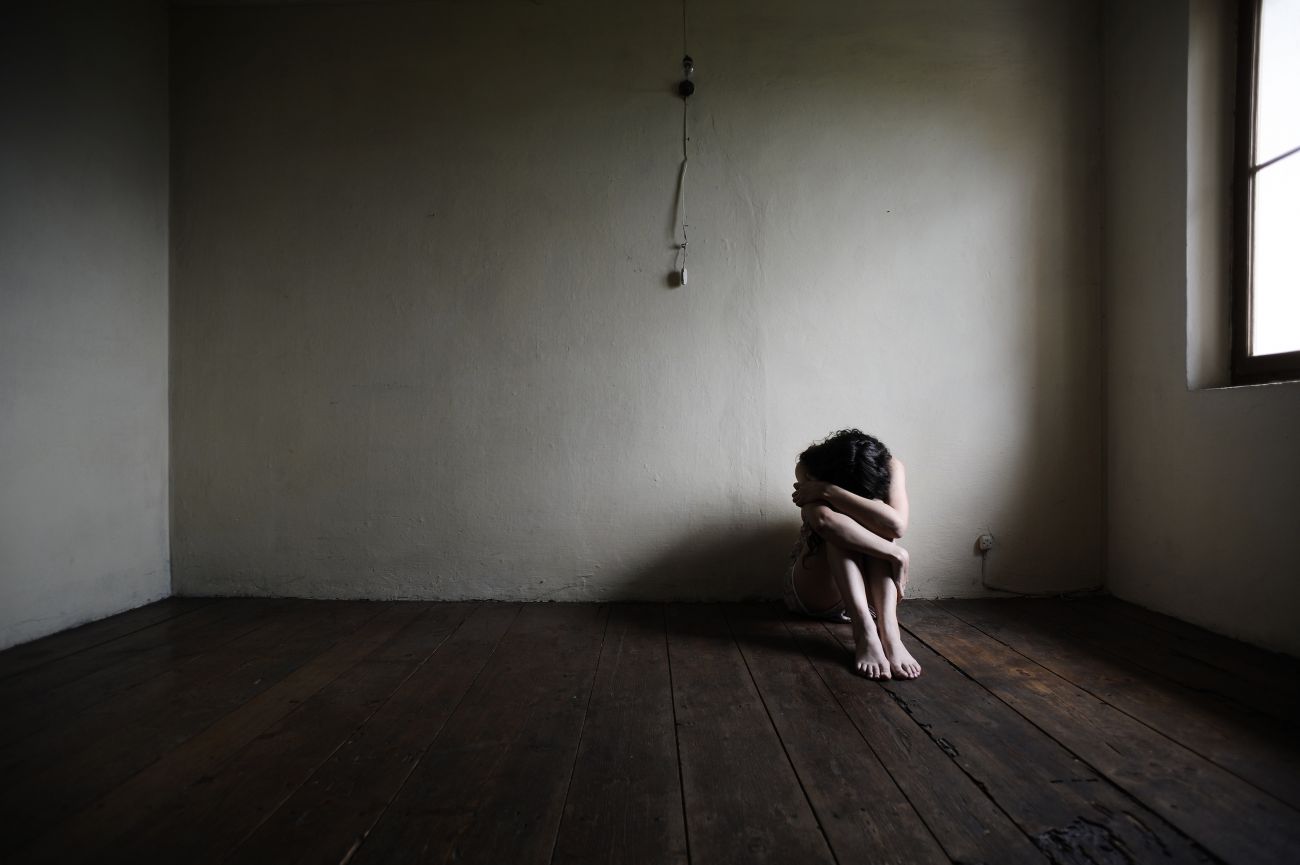What comes to mind when you hear about post-traumatic stress disorder (PTSD)?
While many people associate the condition with soldiers who have been in combat, it can affect anyone who has lived through a traumatic (emotionally upsetting) event — and that includes cancer patients.
Think about it: First comes the shock of the diagnosis, then the physical effects of treatment and anxiety about what the future holds. Even after treatment is over, and even if the disease is in remission, the psychological scars can remain. A recent study published in the journal Cancer reveals that PTSD affects one in five patients within six months of diagnosis. Although that number drops as time goes on, in some patients the symptoms linger or grow worse in the years ahead.
What Causes PTSD?
“In order to be diagnosed with PTSD, you need to meet specific criteria,” explains LuAnn Stevens, MSW, LMSW, a medical social worker at Roswell Park who has undergone specialized training for treating people with PTSD. “First of all, you have to have certain symptoms that were caused by a traumatic event.”
PTSD can be triggered by acute (short-term) events, such as a terrorist attack, natural disaster, assault, serious accident or sudden loss of a loved one. In other cases, it can be caused by chronic (long-term) events, including war, ongoing physical or sexual abuse, substance abuse in the home, domestic violence or even multiple surgeries or hospitalizations.
“Most people go through traumatic events at some point in their lives,” says Stevens, “but not everyone develops post-traumatic stress. It depends on how a person processes the experience.” She adds that some people develop PTSD vicariously, or secondhand, as a result of trauma experienced by someone who is close to them. The National Cancer Institute notes that "parents of childhood cancer survivors may also have post-traumatic stress."
What Are the Symptoms?
PTSD can affect people in different ways:
- Often they replay the traumatic experience over and over in their mind. This may become so intense that it feels as if they are actually living through the event all over again.
- Many people with PTSD “have intrusive thoughts — negative, unwanted thoughts or feelings that just come to them, that somebody who doesn’t have PTSD does not experience,” Stevens says.
- They may avoid anything that could remind them of the event. “For a cancer patient, sometimes just coming to a medical appointment may be a trigger.” If that happens, the patient may not show up for follow-up care.
- They may be irritable or have trouble controlling their emotions, especially anger or sadness.
- They may experience panic, intense fear or anxiety.
- They may have trouble sleeping.
Seeking treatment is important, for the patient’s own peace of mind and that of loved ones. And treatment could also prevent future problems, Stevens says, because “people who suffer with PTSD may be at risk for difficulty in every aspect of their lives — physical, mental, emotional, spiritual and relational — and some people may use substances as a way to cope. There are treatment options available that teach healthy coping.”
Never miss another Cancer Talk blog!
Sign up to receive our monthly Cancer Talk e-newsletter.
Sign up!How to Get Help
If you have symptoms of PTSD, ask a member of your healthcare team for a referral to Roswell Park’s Psychosocial Oncology Department, which offers counseling support and psychiatric services. They can also put you in touch with community providers who specialize in caring for people with PTSD.
A PTSD diagnosis “is a lifelong adventure,” Stevens advises. “But if you become aware of what your triggers are, and seek treatment and get the support you need, there’s hope.”
